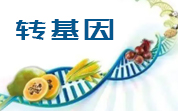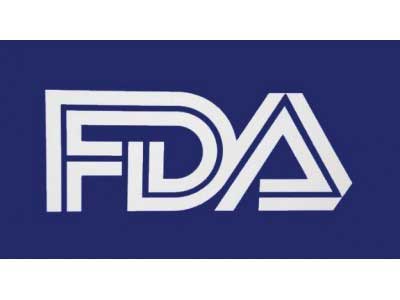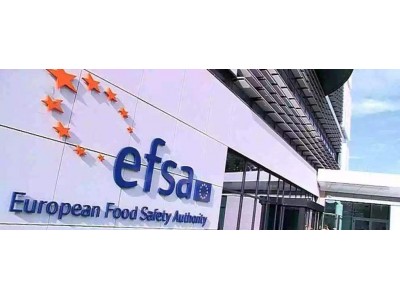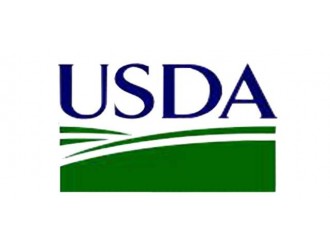гҖҖгҖҖз»ҸиҝҮиҜ„дј°пјҢ专家е°Ҹз»„и®ӨдёәеңЁе»әи®®зҡ„дҪҝз”ЁжқЎд»¶дёӢиҜҘж·»еҠ еүӮеҜ№ж¶Ҳиҙ№иҖ…е’ҢзҺҜеўғжҳҜе®үе…Ёзҡ„гҖӮз”ұдәҺе…¶еңЁйҘІж–ҷдёӯзҡ„еҠҹиғҪдёҺеңЁйЈҹе“Ғдёӯзҡ„еҠҹиғҪеҹәжң¬зӣёеҗҢпјҢеӣ жӯӨи®ӨдёәжІЎжңүеҝ…иҰҒиҝӣдёҖжӯҘиҜҒжҳҺе…¶еҠҹж•ҲгҖӮйғЁеҲҶеҺҹж–ҮжҠҘйҒ“еҰӮдёӢпјҡ
гҖҖгҖҖFollowing a request from the European Commission, EFSA was asked to deliver a scientific opinion on the safety and efficacy of a tincture from the fruit of Foeniculum vulgare Mill. ssp. vulgare var. dulce (sweet fennel tincture) when used as a sensory additive in feed and water for drinking for all animal species. The product is a в– в– в– в– в– solution, with a dry matter co
ntent of approximately 2.16%. The product co
ntained 0.0586% polyphenols (of which 0.0052% were flavonoids), anethole (0.0006%), anisaldehyde (0.0035%) and estragole (0.0006%). The Panel on Additives and Products or Substances used in Animal Feed (FEEDAP) co
ncluded that sweet fennel tincture is safe at the maximum proposed use levels of 200 mg/kg complete feed for horses and 50 mg/kg complete feed for all other animal species. The FEEDAP Panel co
nsidered that the use in water for drinking is safe provided that the total daily intake of the additive does not exceed the daily amount which is co
nsidered safe when co
nsumed via feed. No safety co
ncern would arise for the co
nsumer from the use of sweet fennel tincture up to the maximum proposed use levels in feed. Sweet fennel tincture should be co
nsidered as irritant to skin and eyes, and as a dermal and respiratory sensitiser. When handling the additive, exposure of unprotected users to estragole cannot be excluded. Therefore, to reduce the risk, the exposure of the users should be minimised. F. vulgare is native to Europe. The use of sweet fennel tincture as a flavour in animal feed was not expected to pose a risk for the environment. Since the fruit of F. vulgare and its preparations were recognised to flavour food and their function in feed would be essentially the same, no demo
nstration of efficacy was co
nsidered necessary.
гҖҖгҖҖ
жң¬ж–Үз”ұйЈҹе“ҒдјҷдјҙзҪ‘йЈҹе“Ғиө„и®Ҝдёӯеҝғзј–иҫ‘пјҢжңүд»»дҪ•з–‘й—®пјҢиҜ·иҒ”зі»news@www.sqrdapp.comгҖҒь/span>










 ең°еҢәпјҷь/font>
ең°еҢәпјҷь/font>

 欧зӣҹиҜ„дј°иҪ¬еҹәеӣ зҺүзұіMO
欧зӣҹиҜ„дј°иҪ¬еҹәеӣ зҺүзұіMO
 欧зӣҹиҜ„дј°дёҖз§ҚйәҰиҠҪзі–ж·Җ
欧зӣҹиҜ„дј°дёҖз§ҚйәҰиҠҪзі–ж·Җ зҫҺеӣҪжӢҹж’Өй”ҖиӢҘе№ІиӮүзұ»еҸүь/a>
зҫҺеӣҪжӢҹж’Өй”ҖиӢҘе№ІиӮүзұ»еҸүь/a> йІҒе…¬зҪ‘е®үеӨ 37060202000128еҸ¶ь/a>
йІҒе…¬зҪ‘е®үеӨ 37060202000128еҸ¶ь/a>



